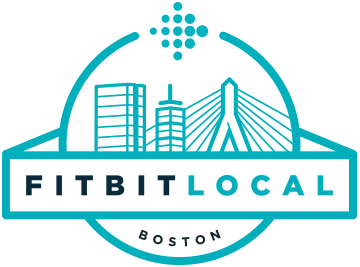Employers should build their corporate wellness programs around the consumer wellness technology market, and Fitbit’s new Fitbit Local program is just another reason why. In addition to producing quality hardware and software, Fitbit launches value-added programs and services to improve engagement in its programs. For example, Fitbit acquired FitStar to go beyond data tracking and into behavior change and outcomes.

Fitbit Local has the same spirit in mind. According the Fitbit Local website, the program helps Fitbit users “find [their] fit and stay motivated to reach [their] goals by sweating it out at local workouts led by the most talented trainers in [their] community.” Essentially, Fitbit is trying to strengthen engagement and their brand through community building and offering free fitness classes. In Wellable’s home city, Boston, Fitbit has local ambassadors lead free boot camps, 5K walks, and more. One event in Boston had over 600 people! Fitbit Local is live in 8 cities in the United States with more coming online every month. By going beyond technology and launching physical events, Fitbit is trying to build a culture of health in communities across the world. As employers try to build cultures of health within their organizations, they would be wise to leverage the efforts of consumer-oriented companies trying to do the same thing in their community.

All this is good news for consumers and organizers of employer and community wellness programs. Like consumers, organized wellness programs will be the beneficiaries of activity trackers looking to go beyond data collection. The best way for wellness programs to capture this value is to leverage the consumer wellness market in their programming. That is, by allowing wellness program participants to utilize one of the many consumer wellness technologies that are working hard to produce meaningful engagement tools and outcomes, wellness coordinators will be able to deliver better results, improve adherence, and lower costs.












